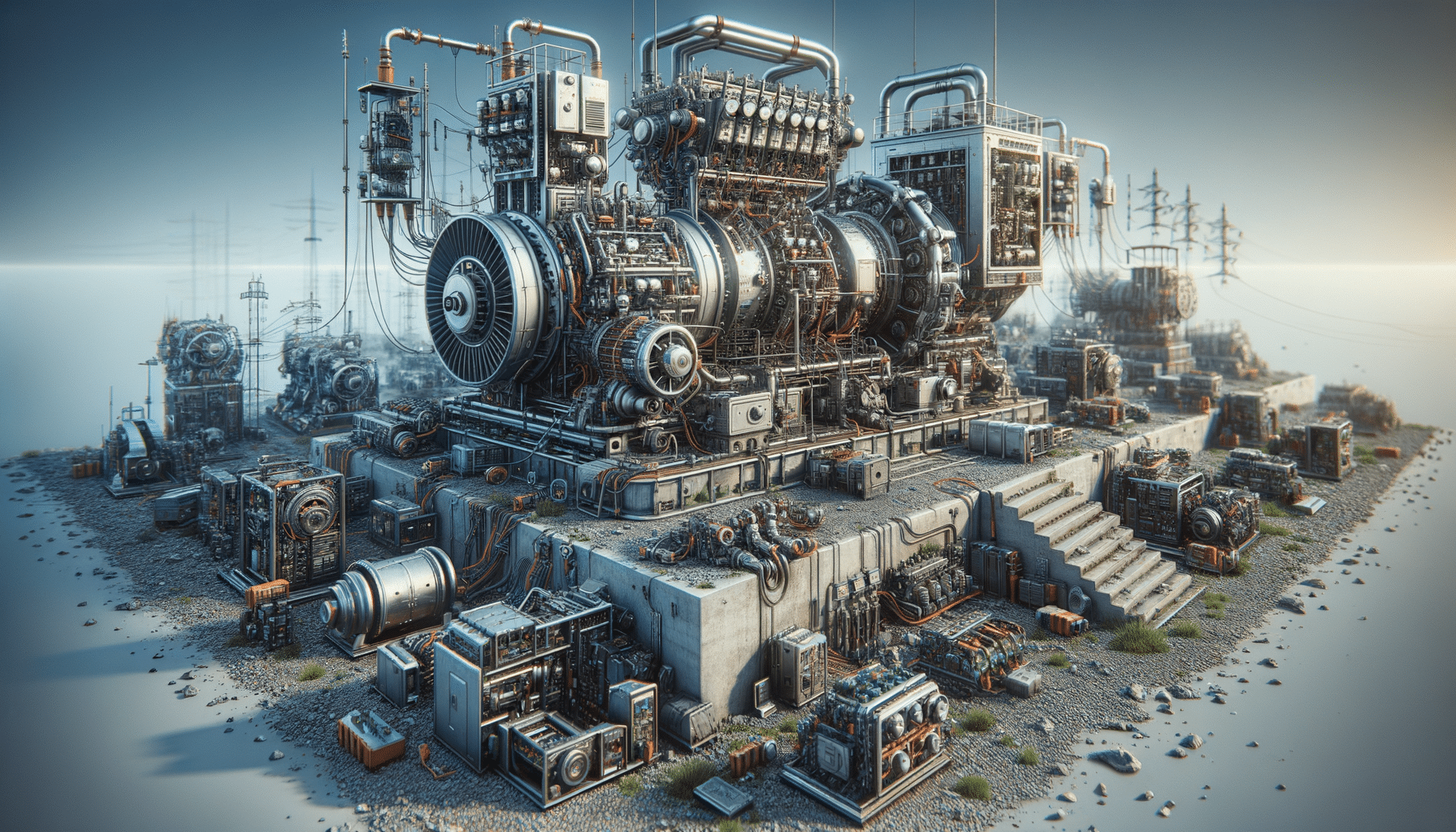
Understanding Generators: A Comprehensive Guide
Introduction to Generators
Generators have become an essential device for both residential and commercial use. They provide a reliable source of power during outages, ensuring that essential appliances and systems continue to function. Understanding the different types of generators and their functionalities can help you make an informed decision when purchasing one. This article delves into the various aspects of generators, offering insights into their importance, types, and how to choose the right one for your needs.
Types of Generators
Generators come in various types, each suited for specific applications. The most common types include:
- Portable Generators: These are versatile and can be transported easily. They are ideal for temporary power needs, such as during outdoor events or short-term power outages.
- Inverter Generators: Known for their quiet operation and energy efficiency, inverter generators are perfect for sensitive electronics due to their ability to produce clean electricity.
- Standby Generators: Permanently installed, standby generators automatically provide power during an outage. They are commonly used in homes and businesses for uninterrupted power supply.
- Solar Generators: Utilizing solar panels to harness energy, these generators are eco-friendly and suitable for sustainable energy solutions.
Each type of generator has its advantages and limitations, making it crucial to assess your specific power requirements before making a decision.
Key Features to Consider
When selecting a generator, it’s important to consider several key features to ensure it meets your needs:
- Power Output: Determine the total wattage required to power your essential appliances and choose a generator that can handle this load.
- Fuel Type: Generators can run on various fuels, including gasoline, diesel, natural gas, or propane. Each fuel type has its own pros and cons, affecting the generator’s efficiency and cost-effectiveness.
- Noise Level: Consider the noise level of the generator, especially if it will be used in residential areas or during quiet hours.
- Portability: If you need a generator for multiple locations, portability is a key factor. Look for models with wheels and handles for easy transportation.
- Durability: Opt for generators built with high-quality materials to ensure longevity and reliability, especially in harsh conditions.
Evaluating these features will help you choose a generator that aligns with your power needs and operational environment.
Installation and Maintenance
Proper installation and maintenance are critical for the efficient operation of generators. For standby generators, professional installation is recommended to ensure safety and compliance with local regulations. Regular maintenance, such as oil changes, air filter replacements, and battery checks, is essential to keep the generator in optimal condition.
Additionally, storing fuel properly and running the generator periodically can prevent issues related to fuel degradation and mechanical wear. Many manufacturers offer maintenance kits and service plans to help users manage these tasks effectively.
By adhering to a maintenance schedule, you can extend the lifespan of your generator and ensure it functions reliably when needed.
Conclusion: Making an Informed Choice
Choosing the right generator involves understanding your specific power needs and evaluating the options available in the market. By considering factors such as type, power output, fuel type, and maintenance requirements, you can select a generator that provides reliable and efficient power. Whether for home use, business continuity, or outdoor activities, a well-chosen generator can offer peace of mind and ensure that you’re prepared for any power outage. Remember, investing time in research and understanding your options will lead to a more satisfying purchase and long-term utility.


